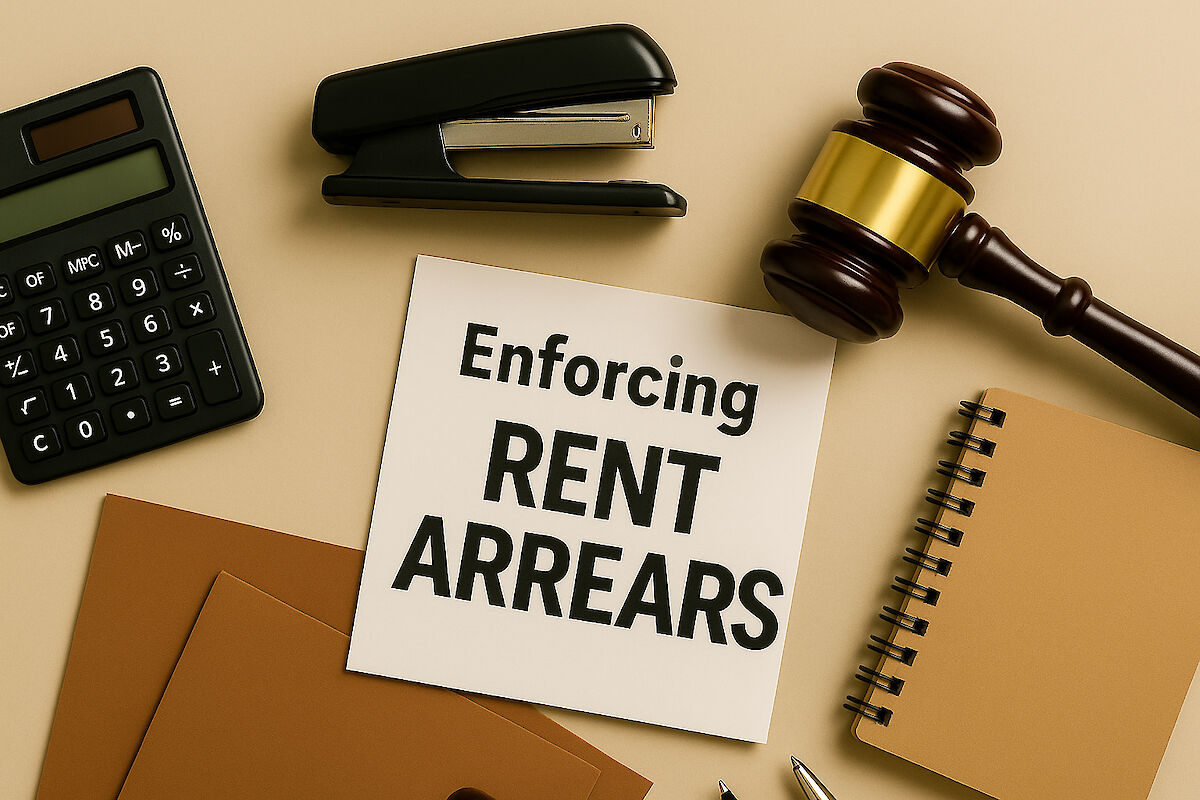When rent goes missing: Pride Property’s playbook
When rent goes missing: Pride Property’s playbook
Late rent is a cash-flow problem masquerading as a legal one. The trick is to act early, document everything and escalate only when the Residential Tenancies Act (RTA) says the ground is firm. Here’s how Pride Property manages arrears—firmly, fairly, and by the book.
Day 1–4: nudge, reconcile, human contact
The moment a payment is missed, we check ledgers, reconcile bank feeds and call/text/email the tenant. Many “arrears” are simple banking errors; fast contact prevents molehills becoming mountains. (This is our practice, not a statutory step.)
Day 5: formal Overdue Rent notice
If rent remains unpaid for at least 5 working days after the due date, we issue a Notice of Overdue Rent. This isn’t the same as a 14-day “notice to remedy”; it’s the paper trail that enables the “three notices in 90 days” termination pathway if problems repeat. Tenancy Services is explicit: after three such notices within 90 days, the landlord may apply to the Tribunal for termination—an application that must be lodged within 28 days of the third notice.
Any time during arrears: the 14-day notice to remedy (RTA s 56)
Separately—and often alongside the five-day notice—we serve a 14-day notice to remedy for non-payment of rent. By law, this notice must state the breach (unpaid rent), what the tenant must do (pay the arrears and keep rent current), and give at least 14 days to fix it. If the breach isn’t remedied, the matter can go to the Tenancy Tribunal.
Day 7 and silent: we file for a Monetary Order
If it’s been seven days with no rent and no contact, we move to the Tribunal for a Monetary Order to stop the debt ballooning. The Tribunal’s jurisdiction to make money orders is broad (RTA s 77), and Tenancy Services confirms it can order payment of overdue rent. Where appropriate, we may also use FastTrack Resolution for straightforward money-only arrears.
What the Tribunal can do under 21 days’ arrears:
For arrears under 21 days, we typically seek a Monetary Order—often payable immediately unless the adjudicator sets a repayment schedule—rather than termination.
When arrears hit 21 days: termination ground (RTA s 55)
Once rent is 21 days or more in arrears, the landlord can apply for termination and possession. Section 55 of the RTA provides this termination ground; in practice, adjudicators will consider payment made before the decision and the likelihood of repeat default, but the 21-day threshold is the key trigger.
The “three strikes in 90 days” path (repeat five-day arrears)
If a tenant is at least five working days late on three separate occasions within 90 days, and we have properly served three Overdue Rent notices, we can apply for termination under s 55(1)(aa). Timing matters: the application must be filed within 28 days of the third notice.
After orders are made: enforcement
If the Tribunal makes a Monetary Order and payment still doesn’t arrive, we can enforce through the Ministry of Justice Collections Unit. This is the standard pathway for Tenancy Tribunal orders. If the rent has been more than 21 days in arrears we ask for immidiate termination, as per the law, or in some circumstances we request a conditional order where we set conditions on how the debt is to be paid otherwise face a consequence of termination immediately.
Our paperwork (and why it wins cases)
We keep: the rent ledger, copies and proof of service for all notices (five-day and 14-day), a contact log, and any repayment proposals. This makes timelines crystal-clear and speeds outcomes—especially for FastTrack or straightforward arrears hearings.
Summary of the legal levers we use
14-day notice to remedy for rent arrears — RTA s 56.
Termination for 21+ days’ arrears — RTA s 55; applied via the Tribunal.
Three notices in 90 days (each 5+ working days late) — termination application under s 55(1)(aa); file within 28 days of the third notice.
Tribunal jurisdiction and monetary orders — RTA s 77; Tribunal can order payment of overdue rent.
Enforcement of Tribunal orders — through Ministry of Justice Collections.
At Pride Property, we manage the cadence— early contact, five-day Overdue Rent notices, s 56 notices, Tribunal filings, and enforcement—so landlords don’t have to. If you’re facing arrears, Pride Property can prepare compliant notices, lodge the right application at the right time, and represent you at the Tenancy Tribunal to recover rent or end the tenancy where the Act allows. (Call us before arrears become entrenched; early files are faster files.)

 By Lyanne Parra. Published on 23/07/2025.
By Lyanne Parra. Published on 23/07/2025.